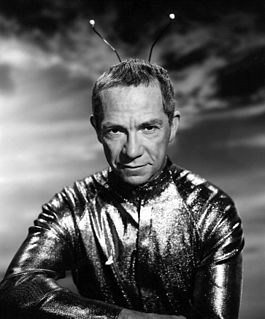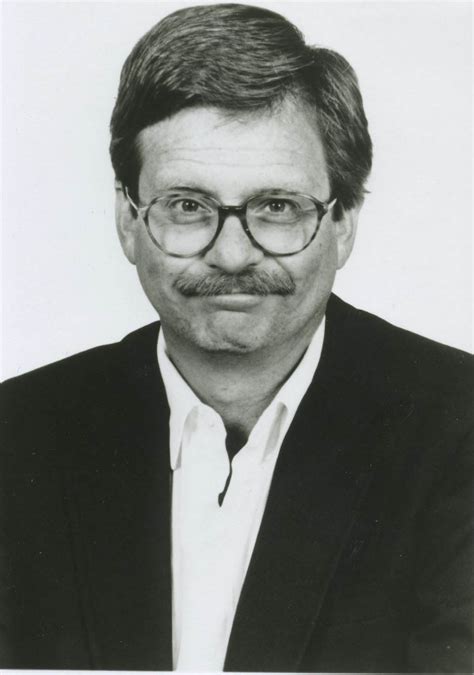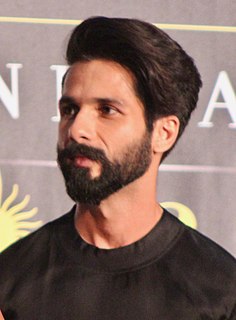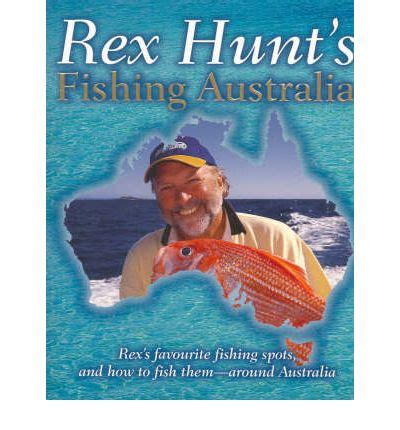A Quote by Ray Walston
I feel that the thing that probably aided me the most in that scene with the dog was the utilization and using an actual recreation, affective memory, if you want to call it, of pain.
Related Quotes
We no longer see the evolution of the nervous system, but that of a certain individual. The role of the memory is very important but... not as important as we believe. Most of the important things that we do don't depend on memory. To hear, to see, to touch, to feel happiness and pain; these are functions which are independent of memory; it is an a priori thing. Thus, for me, what memory does is to modify that a priori thing, and this it does in a very profound way.
But pain may be a gift to us. Remember, after all, that pain is one of the ways we register in memory the things that vanish, that are taken away. We fix them in our minds forever by yearning, by pain, by crying out. Pain, the pain that seems unbearable at the time, is memory's first imprinting step, the cornerstone of the temple we erect inside us in memory of the dead. Pain is part of memory, and memory is a God-given gift.
When I'm creating a character, it's a little bit like what my theater teachers used to tell me about Stanislavsky, like if you're using sense memory to do a scene - if you have to cry in a scene, you try to remember something in your life that made you cry and you use that in order to get the tears.
I thought I was okay in my first film, and then I was really, really bad in some films. I really cringe when I see some of my scenes. There's a scene in one film where a dog is biting me; the expressions I have made should be qualified as the most over-acted scene in the history of the cinema. The dog's expressions were more real than mine.
The only way to be a champion is by going through these forced reps and the torture and pain. That's way I call it the torture routine. Because it's like forced torture. Torturing my body. What helps me is to think of this pain as pleasure. Pain makes me grow. Growing is what I want. Therefore, for me pain is pleasure. And so when I am experiencing pain I'm in heaven. It's great. People suggest this is masochistic. But they're wrong. I like pain for a particular reason. I don't like needle's stuck in my arm. But I do like the pain that is necessary to be a champion.
You are preparing yourself for a scene, and the most important thing is to remain emotionally available and remain in the moment with your scene partner. You don't want to let your own self-consciousness block the flow of creativity that's coming out so that you can act and react, and play what the scene is all about.

































